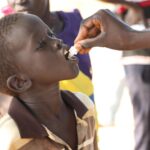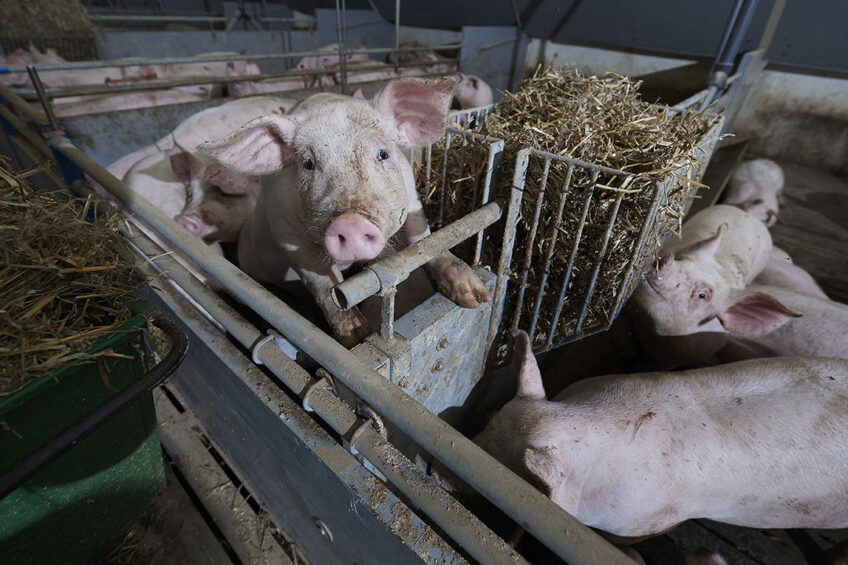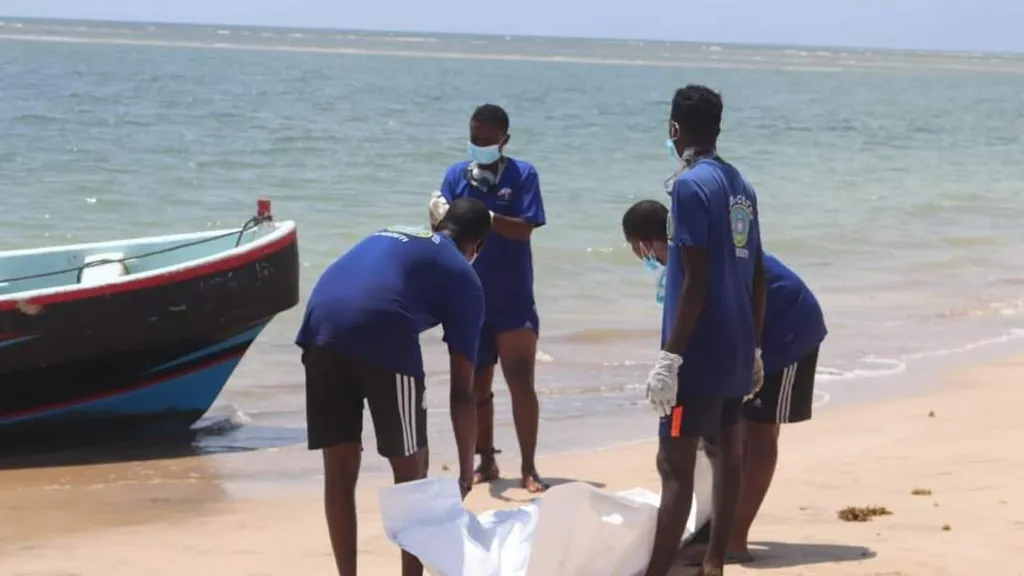In a major milestone for HIV care, the World Health Organization (WHO) has reported that 49% of people living with HIV in Equatorial Guinea were on antiretroviral (ARV) treatment by 2023, marking a significant improvement in access to life-saving medication.
This progress follows a WHO-supported initiative launched in 2018 to decentralize HIV services and expand treatment across the country’s 19 health districts.
Before the program’s implementation, ARV treatment was only available at two centers in Malabo and Bata, making access challenging for patients. “When I was diagnosed with HIV, I felt like my life was falling apart,” says Jeanine, a woman in her forties. “I had to travel long distances to collect my medication, which made it difficult to stay on treatment.”
Over the past five years, the initiative has transformed HIV care in Equatorial Guinea. Treatment coverage has tripled, and the prevalence of the disease has declined by 1%. Additionally, healthcare professionals have received extensive training, with over 1,600 staff members equipped with skills in treatment protocols and psychological support, helping to reduce stigma and improve the quality of care.
Equipped with tools like GeneXpert machines, the country has also improved its HIV screening rate, which surged from 34% in 2020 to 87% in 2023. The prevention of mother-to-child transmission (PMTCT) program has seen similar success, ensuring that HIV-positive pregnant women receive the care they need to protect their newborns from infection.
“When an HIV-positive mother leaves the hospital with her uninfected child in her arms, I feel truly motivated,” says Dr. Manuel Eyene, a regional coordinator for HIV/AIDS care at Bata Hospital.
These advancements align with Equatorial Guinea’s efforts to meet the global 95-95-95 targets by 2030, which aim to diagnose 95% of all HIV-positive individuals, provide treatment to 95% of those diagnosed, and achieve viral suppression in 95% of those treated.
“Antiretroviral treatment is essential for preventing new infections, interrupting virus transmission, and ultimately eradicating HIV in our country,” emphasizes Joaquin Ipo Ebanga, Head of the HIV/AIDS Programme at the Ministry of Health.
For patients like Jeanine, the expanded access to ARVs has been life-changing. “Today, we are fortunate to have free and accessible treatment. HIV is no longer a death sentence,” she says, urging others to get tested and adhere to their medication.








